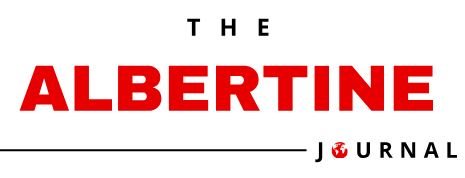In 2020, I reviewed “High Output Management” by the late Andrew Grove, in which he – among other things – writes about ‘the limiting step’; determining the things that have to happen on a schedule that’s absolute, and which can’t be moved. In “Only The Paranoid Survive: How to Exploit the Crisis Points that Challenge Every Company and Career”, Grove covers one huge limiting step; the occurrence of crisis points, which can lead to what he refers to as ‘strategic inflection’.
“A strategic inflection point is when the balance of forces shifts from the old structure, from the old ways of doing business, from the old ways of competing, to the new.” In other words, a strategic inflection point brings on a significant changing of fundamentals, which it’s hard to fully plan for, formally at least. This doesn’t mean that one shouldn’t plan, but that we should look at ways in which we, our teams and our businesses can best respond to change. Grove highlights that change is a constant. For instance, businesses are about creating changes for other businesses, competition is about creating change and technology is about creating change.
In “Only the Paranoid Survive”, Grove warns against the ‘inertia of success’ and encourages readers to expose ourselves to the winds of change, and to do so constantly. His point is that strategic inflection isn’t a point; it’s a long, torturous struggle in which we’ll have to manage chaos. Grove has two pieces of advice with respect to chaos:
Let it reign – “Resolution comes through experimentation. Only stepping out of the old ruts will bring new insights.” Whilst not all corporations are set up like this, but Grove stresses the importance of what I call ‘try and learn’ (and try again).
Rein it in – By no means does Grove advocate complete anarchy; top down clarity is needed to keep a lid on the chaos. “Clarity of direction, which includes describing what we’re going after, is exceedingly important at the late stage of the strategic transformation.”
Throughout this journey, a healthy level of transparency and reflection is imperative and I love Grove’s real-life example where he asks his Chairman / CEO at Intel, Gordon Moore, an honest question:
“If we got kicked out and the board brought in a new CEO, what do you think he would do?”
It’s a simple example but to me it’s symptomatic of taking a helicopter view on the change either happening or required, as painful as this process can be.
Main learning point: Especially now that we’re going through challenging and uncertain times, “Only the Paranoid Survive” deserves a good read. Take good note of Grove’s experiences and insights, if you’re keen to not let a crisis go to waste!



